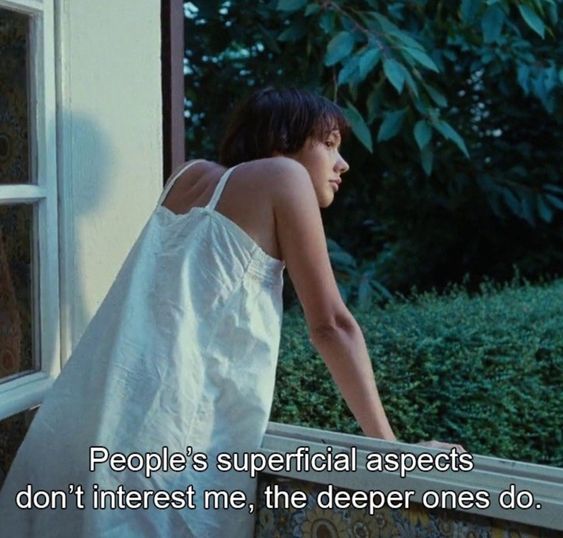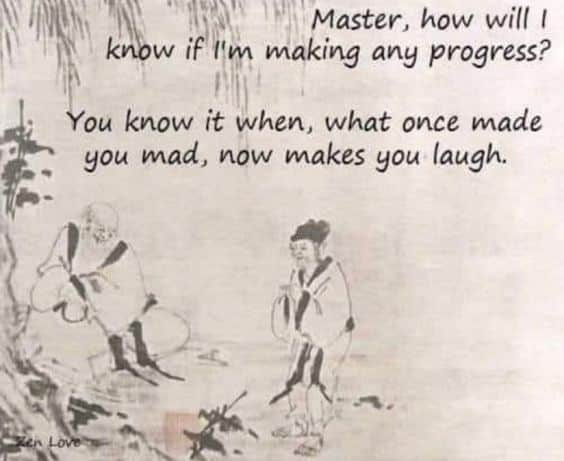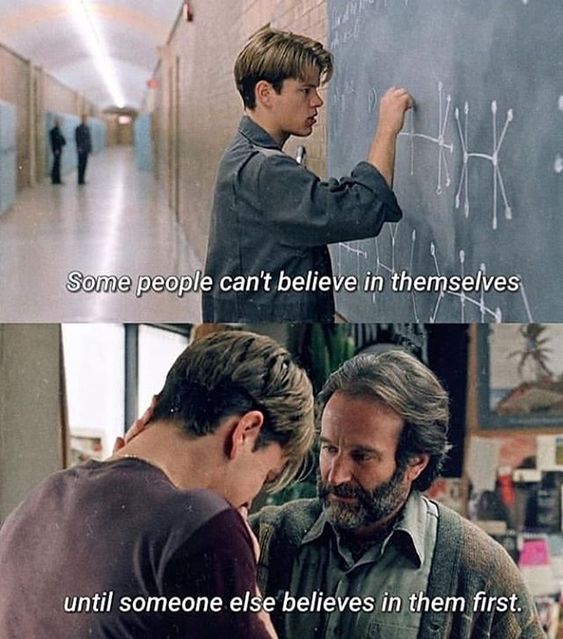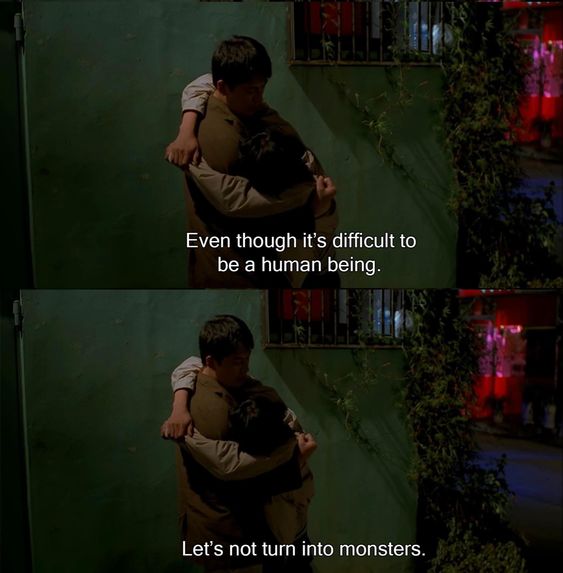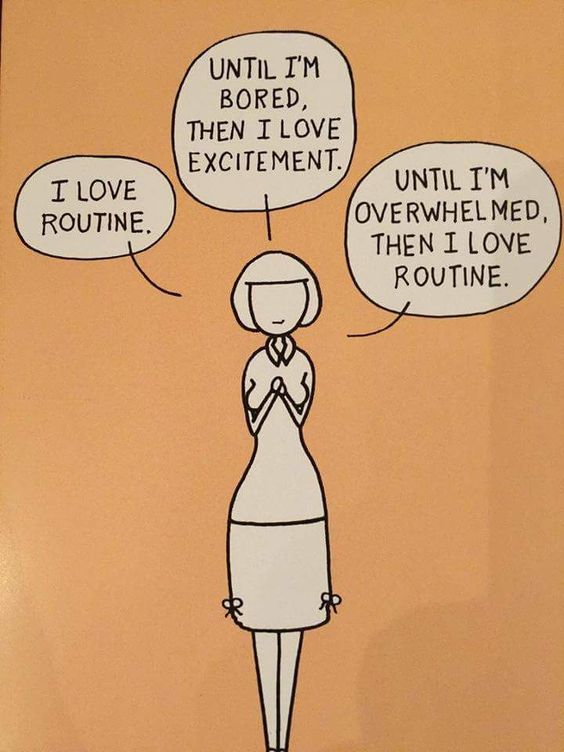“A lot of rich people in this world live very poor lives. They’re rarely not thinking about money. About how to acquire more of it, about what they can trade in their life in exchange for it, about who they know who has more of it than they do. These poor souls know they have a lot of money, but what they don’t understand is that, really, money has a lot of them.”
Ryan Holiday
“Most vulnerability we see today
Cole Schafer (January Black), One Minute, Please? (Page 93)
isn’t true vulnerability.
It’s convenient vulnerability.
It’s being vulnerable to better one’s
position in the public eye.
It’s conditional vulnerability.
It’s this idea that one will only be
vulnerable in situations where it’s
advantageous to one’s self.
Being vulnerable should be a selfless act.
It’s making the difficult choice of sharing
raw painful truths in hopes to build
something beautiful from that suffering.”
“There’s little room for rationality in love. There’s room for compassion, honesty and forgiveness. But, if you’re approaching love with a sense of rationality, like it’s some black and white problem to be solved, you’re not truly loving. You might think you’re loving. But you’re not truly loving.”
Cole Schafer (January Black), One Minute, Please? (Page 86)
“There’s so much messaging today about how you always have to be yourself and trust your feelings. But I tell people, ‘be un-you.’ Like what is the opposite of what you feel like doing right now? Or who is someone you really admire—what would they do in this moment? And I actually think that can get us closer to the versions of ourselves that we would like to be…Separating oneself from one’s impulse, taking a healthy step back and gaining some distance between what you feel like doing and what’s actually going to help you—you’ll make a better choice.”
Dr. Samantha Boardman
“Sometimes I can hear my bones straining under the weight of all the lives I’m not living.”
Jonathan Safran Foer, via One Minute, Please? (Page 76)
“The creative does not live off wins. The creative lives off the work. That’s what keeps her nourished.”
Cole Schafer (January Black), One Minute, Please? (Page 66)
“The moment we find ourselves feeling bored, sad, anxious or complacent we reach for our phones, a prescription or a self-help book. We’ve become terrified of feeling anything negative. I’m not going to point a finger, but if someone held a gun to my head and told me to point a finger, I’d point to Instagram and Twitter and Facebook. I’d say we were due. I’d say that when you have an entire society overly focused on sharing the upper 1% of their days in a virtual world 24/7, we were bound to create some deep-rooted fears and insecurities around negative emotions. Now, we are forced to reap what we have sown.”
Cole Schafer (January Black), One Minute, Please? (Page 64)
“Mike Schur, co-creator of Parks and Recreation, said of his career, ‘This is not stuff you can read in a book,’ he said. ‘This is stuff that you have to experience.’ I think it’s also useful to flip it around. There are things you will have trouble experiencing until you read them in a book. A useful non-fiction book is a map, not the territory. It’s a chance to safely experience what might be, to experience it before it happens. And a book makes it easy to talk about what you’re doing. It gives you the structure and the words to explain to someone else why they might want to come along with you on the journey.”
Seth Godin
“Like the volcano or the Phoenix, the creative process is an inferno that makes room for something new, something brilliant, something lovely. It’s messy. It’s bloody. It’s demanding. It’s rigorous. But, it’s also human. We destroy things not out of hatred but out of love—to make room to till the soil and plant the seeds of our vision. So, when you find yourself feeling self-destructive, don’t panic. Instead, reflect. What vision are you subconsciously making room for?“
Cole Schafer (January Black), One Minute, Please? (Page 62)
“A few short rules worth living by: 1) Make good art. 2) Live fast. 3) Pet dogs. 4) Give without expectation. 5) Say nice things to others, daily. 6) Leave people better than you found them. 7) Buy experiences more often than products. 8) Always make time for coffee with people you care about.”
Cole Schafer (January Black), One Minute, Please? (Page 50)
“Be thankful for the hurt.
Find meaning in the hurt.
And,
understand every moment that it hurts
represents another moment
you’re alive
and breathing
and living
and loving
and experiencing
all the beauty
this world has to offer.”
Cole Schafer (January Black), One Minute, Please? (Page 48)
